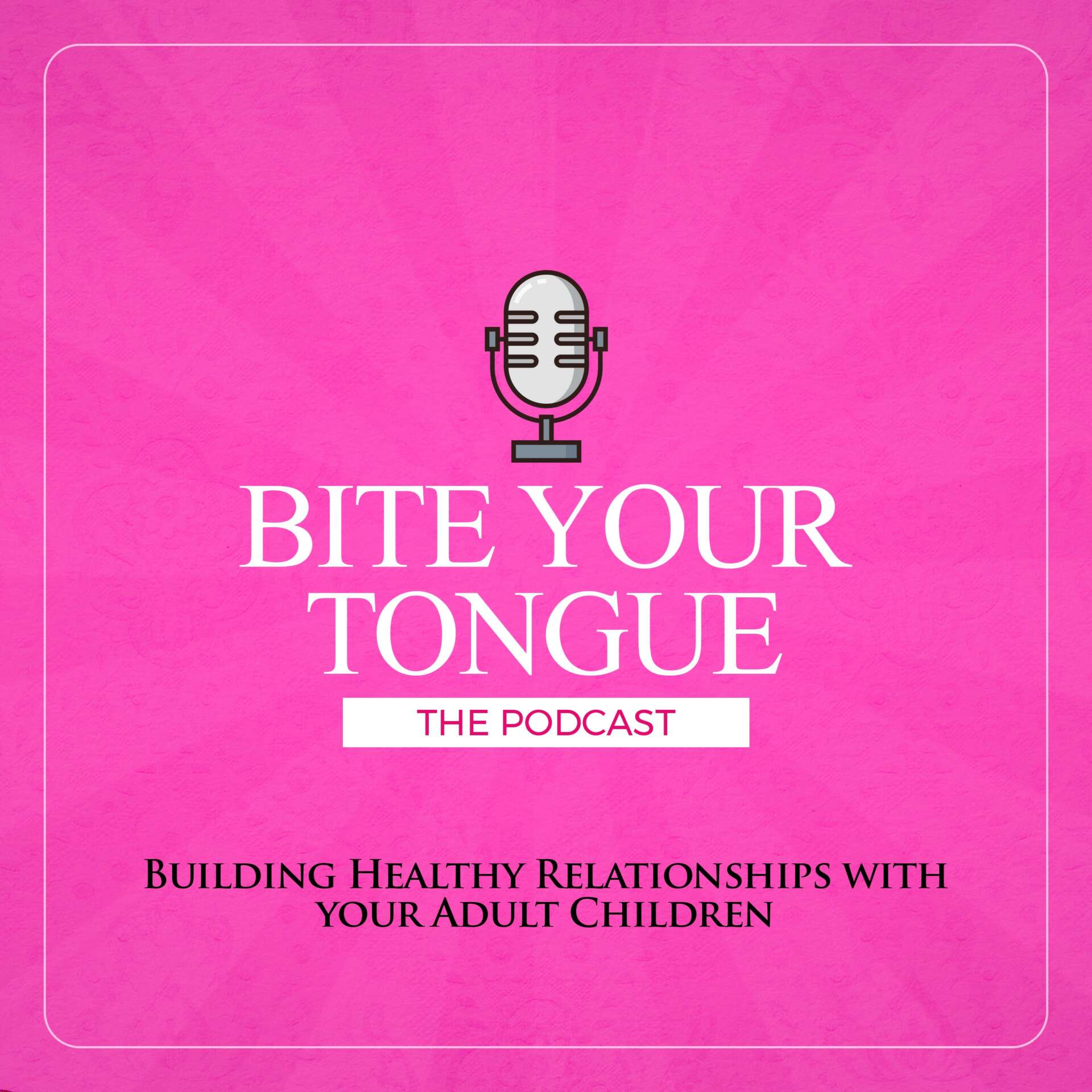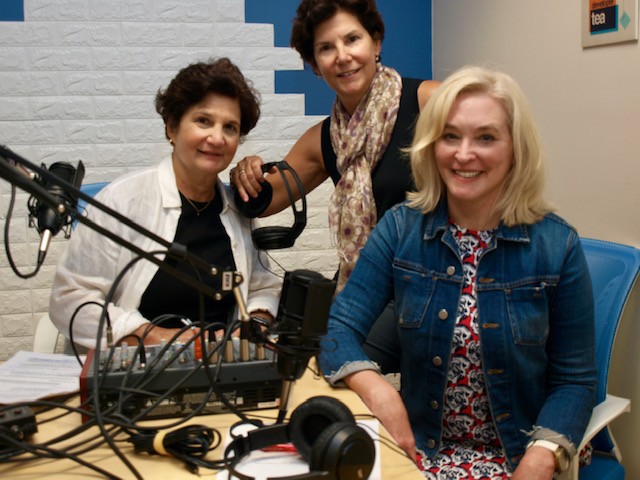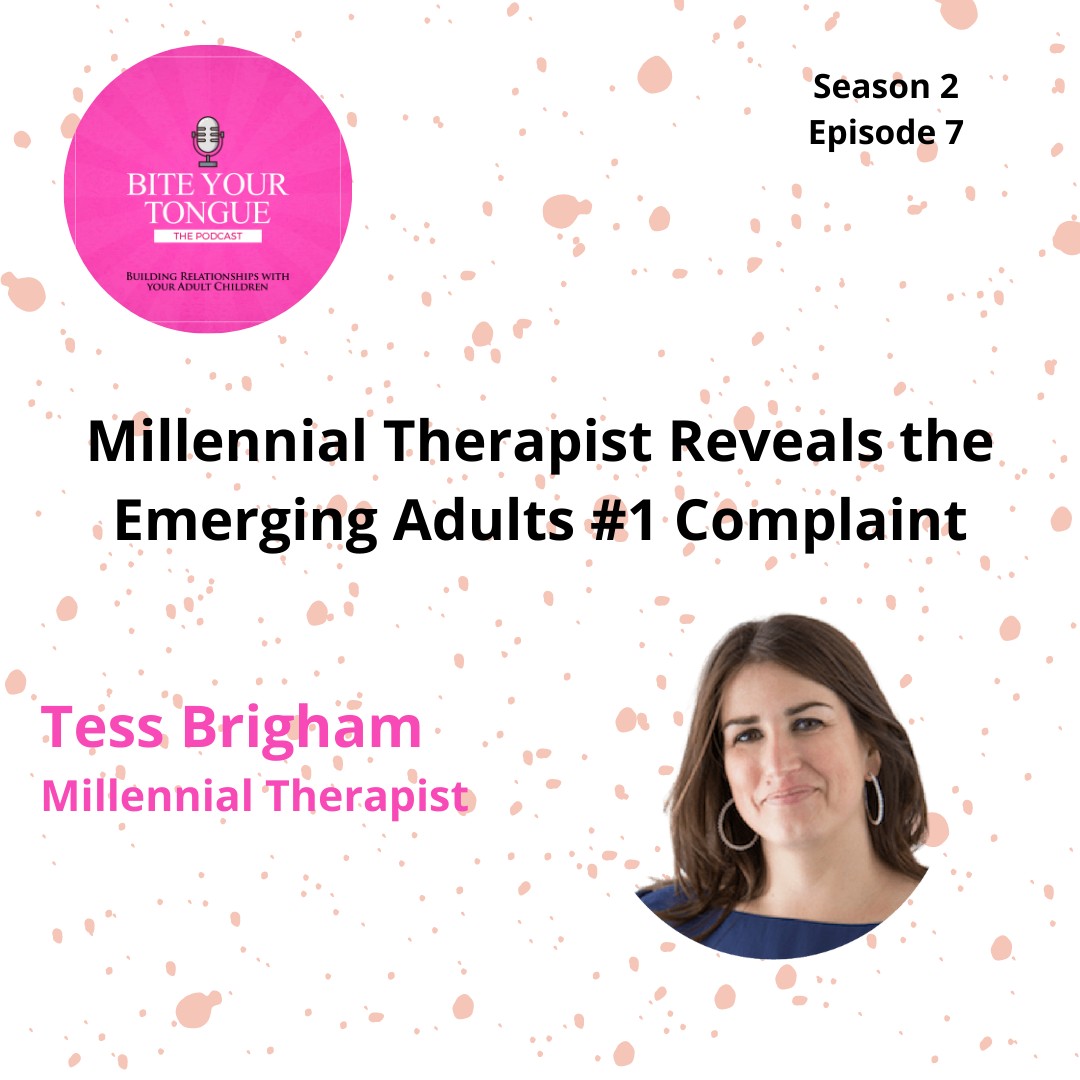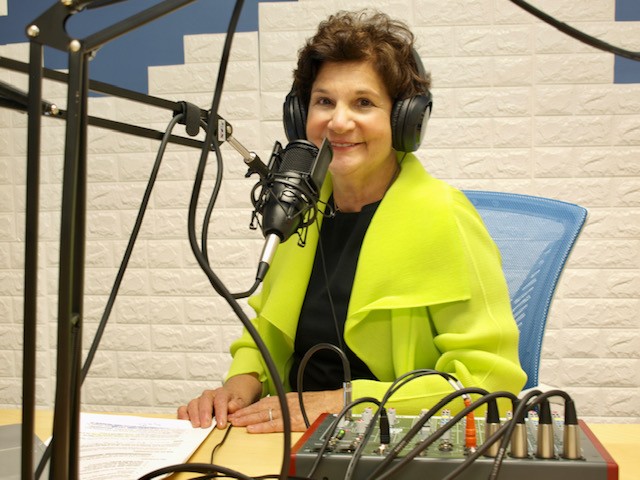We caught up with the brilliant and insightful Denise Gliwa a few weeks ago and have shared our conversation below.
Denise, thanks for taking the time to share your stories with us today What did your parents do right and how has that impacted you in your life and career?
I credit my parents for my work ethic. My father started with nothing and began making candy mints in his garage and selling them door to door. Eventually he opened a candy store and then another and then a factory and more stores. Since I was a child, I worked in the stores. As a young child stood at the door and welcomed customers and handed out shopping baskets. As I got older, I bagged chocolate Easter eggs or organized shelves. Finally, at about age 14 or 15, I was the cashier. Remember back then you had to know how to give change! But the real lesson was that even though I was the daughter of the boss, I had to keep my hours, show up and work hard. In fact, because I was the child of the boss I had to work even harder. Everything I do I work hard. I am prideful of my work and give it my all. This definitely came from my parents.
I need to add to this that my parents underscored the importance to family. My sister Connie Gorant Fisher and I are very close. When I started the podcast I needed someone to edit the episodes. Connie knew nothing about this. She learned fast and now she is our audio engineer. She is really the reason the episodes sound good.



Great, appreciate you sharing that with us. Before we ask you to share more of your insights, can you take a moment to introduce yourself and how you got to where you are today to our readers
Throughout my life I’ve always dreamed of hosting a talk show. My husband teases me and calls it “Daytime with Denise.” I love talking to people and hearing their stories. For over 35 years I worked in public relations and marketing and at one point, on a complete whim, I decided I wanted to start a podcast. It took about two years to come up with a topic that I thought was both interesting, timely and would be beneficial to listeners. I was already a podcast fanatic, so I listened to everything and wanted a new idea – something that was not being done.
I realized that the primary topic of conversation among so many friends my age was their adult children. We all are in a quandary on what our roles should be as our kids became adults. Our generation was probably the first generation to be “over-engaged” when our kids were growing up. We had to learn to let go, but at the same time keep relationships healthy. I started reading about young adults who were “divorcing” their parents. That is when it dawned on me – building healthy relationships with your adult children.
I talked the idea over with my own adult children and they both agreed it could be a great topic. I mentioned it to friends and every one of them agreed we needed to start discussing this. Wedding planning, giving advice, spirituality, lifestyle choices, opinions on their selection of a significant other, are all topics that we want to talk about.
I had always heard that the sign of good mother was the number of bite marks on her tongue. I am always telling myself to “bite my tongue,” so hence the name was born.
I was working at another job when I decided to start the podcast. I am the type of person who likes to be busy. During the pandemic my time was not filled, so I decided to give it a try.
I wanted a co-host. I think it is more fun and interesting when two people are talking on a podcast and you get two viewpoints. My good friend, Ellen Braaten, a prominent psychologist at Harvard, was game. She did not have too much time so I would be doing most of the work, but she would come on as co-host as often as she could. I also thought having a professional psychologist on the show would lend some credibility.
So now we had the topic, name, and co-host. How the heck do you produce this thing?
My sister, Connie Gorant Fisher, and I are very close and have always wanted to do something together. She is very creative and good on computers, so I thought maybe she could become the audio engineer. I had been working with an audio engineer on a project for a public relations client and he helped edit and engineer the first few episodes. He also took time to help Connie learn the ropes. She’s been amazing. It is such a relief to have someone who knows me so well. She’ll say, “Denise I took this or that out, because you did not sound good.” I trust her completely.
There is so much individual growth in putting together our own podcast. We learn something new with every interview. It keeps our minds engaged, and we find ourselves getting excited about every episode.
We’ve produced 44 episodes and continue to get such great response from listeners. We cover so many different topics but recently the one that seems to have hit a nerve with so many is family estrangement. We interviewed Dr. Karl Pillemer, Professor of Human Development at Cornell University, where he is also a faculty member in Cornell’s medical school. He is the author of the book: “Fault Lines, Fractured Families and How to Mend Them.” I was surprised how many parents are estranged from their children.
Here is one recent note that really touched me:
“I gain a lot from each and every episode. My favorites are the ones with the wonderful Dr. Susan Heitler. And then came episode #35: Reconciling Past Hurt: Estrangement and Beyond, and left me breathless, tears running down my cheeks. I have to say that listening to this episode both encouraged and discouraged me. Discourage not in a bad way, rather in a ‘there is what there is’ way, — my feeling that there is no way out right now may be correct and all I have left is to work through this complicated grief . As Dr. Pillemer suggested — we will not lose hope and keep reaching out in ways he suggested, as we do. Towards the end of the episode, Denise, you let go of this sigh, ‘oh dear’, which felt to me like a great big hug.”
We also got a lot of great feedback from our episodes on mental health, mother-daughter struggles and exploring and understanding LGBTQ+.
We love to interview young adults too, so that we hear things form their perspective. Do they want to know if their parents do not approve of who they are dating? Things like that.
It’s a lot of work, but so rewarding. I want to share just a few more comments from listeners:
Here is one on the LGBTQ+ episode:
“I just want to thank you for your podcast. I have not listened to them all but did listen to the one about LGBTQ with Levi and Stacey… I was moved to go look at the PFLAG website and want to attend a meeting. My oldest son is gay and his partner who is not accepted by his conservative religious family needs support. I shared the podcast with them both.”
“Dear Denise and Ellen, I’m a psychologist on the East coast I’m writing to let you know how much I love and value your podcast. I have two adult daughters. As Ellen has said on the podcast, it doesn’t matter if you’re a psychologist when it comes to your own kids. Your podcast has helped me stop giving unasked for (although well-meaning) advice and this has improved our interactions. It helps me to know I am not alone in this struggle! I love podcasts, but yours is the only I bought the merch for! I love my mug. Thank you for your work.”
Is there mission driving your creative journey?
I have only a few goals. Because I started this podcast later in life (at 64 years old) I knew it was a risk. Everything was hard about it – especially the technology. But my goals never changed – to have fun and make a difference. As long as we are doing that – we are going to keep going!



What’s a lesson you had to unlearn and what’s the backstory?
I think it is just very hard to put yourself out there and have the confidence to keep going even amidst failure.
During season 2 we interviewed a woman by the name of Julia Pimsluer. I met her at a coffee shop in NYC and we connected. When I realized her background, I asked her to be a guest.
Julia is a scaling couch, speaker and best-selling author. She is founder of Million Dollar Women, a New York-based social venture, which has helped thousands of women entrepreneurs scale their businesses.
Prior to that, she founded and built Little Pim, a language learning program for young children, into a million-dollar company.
She is the author of the book GO Big Now. During our conversation we talked about mindset, and she talked about how she coaches women to develop the GO BIG mindset. I realized that I did not have this mindset and if I was going to be successful, I needed to start thinking in a bigger way and get a bit more resilience and confidence.
She recommended this book called Finding Your Own North Star, by Martha Beck. It is about claiming the life you were meant to live. The book helps you identify your goals and what may be blocking you to get there.
Women need to stick together. We need to not be so judgmental and competitive. If we all work together – we will all get where we want to be.
Finally, I used to check my downloads nearly every 30 minutes. I realized later that it is not about the number of downloads or the amount of money, it is about making a different and the rest will follow.
Contact Info:
- Website: https://biteyourtonguepodcast.com/
- Instagram: https://www.instagram.com/biteyourtonguepod/
- Facebook: https://www.facebook.com/BiteYourTonguePodcast
- Linkedin: https://www.linkedin.com/in/denise-gorant-gliwa-082b789/


